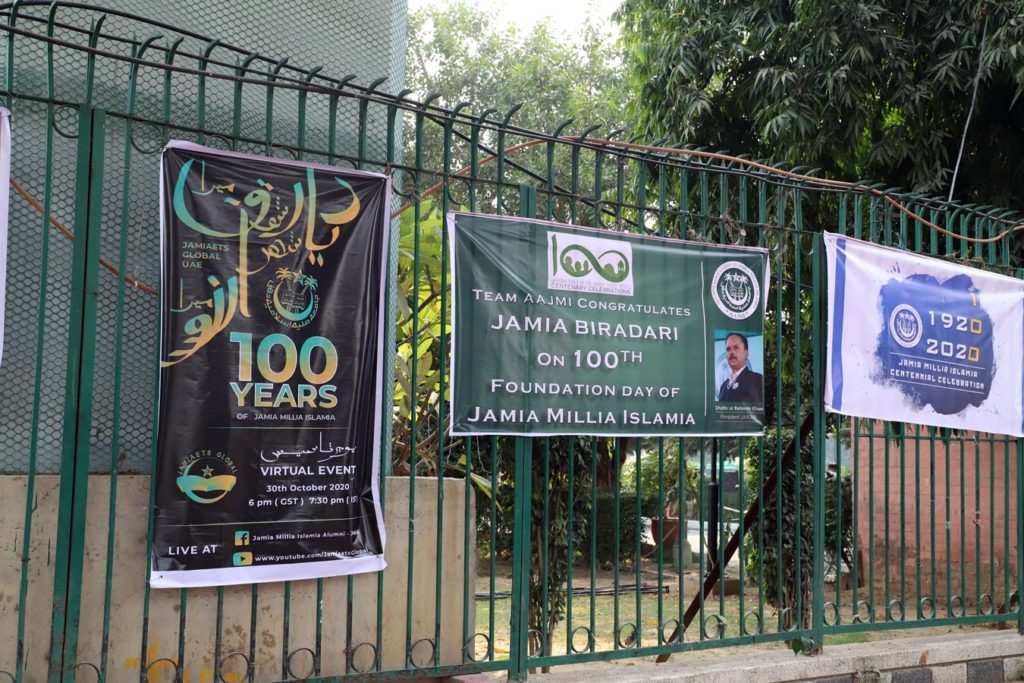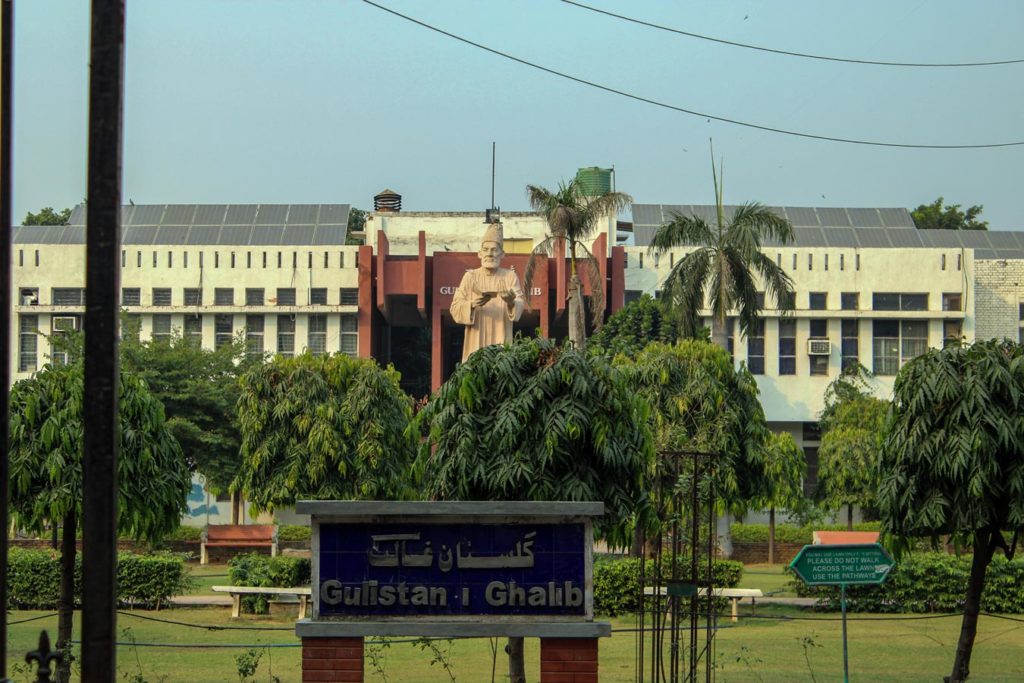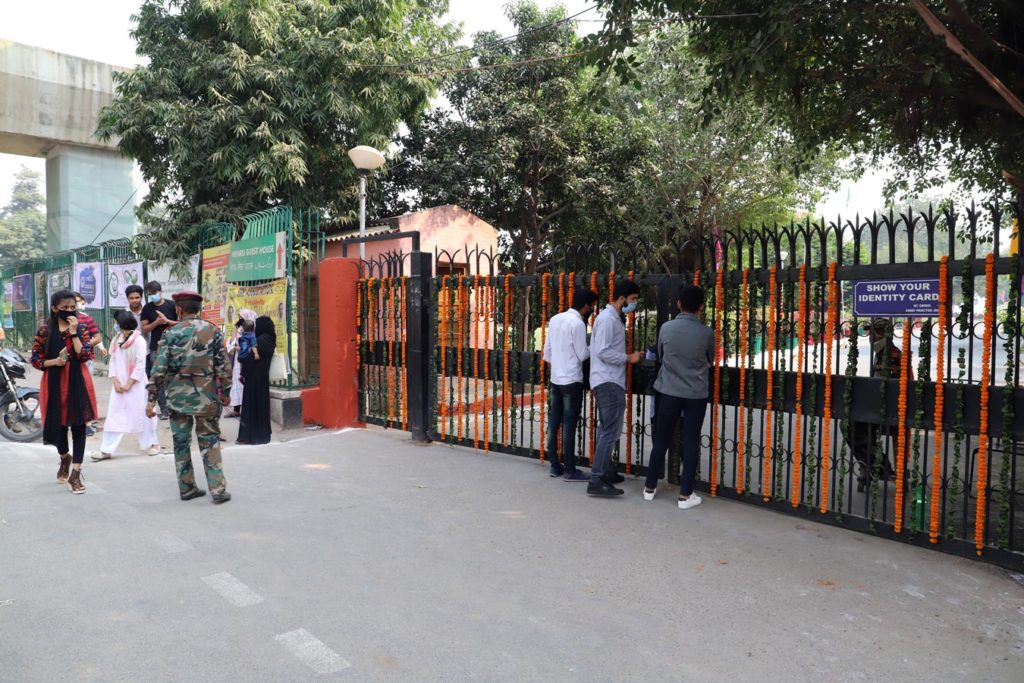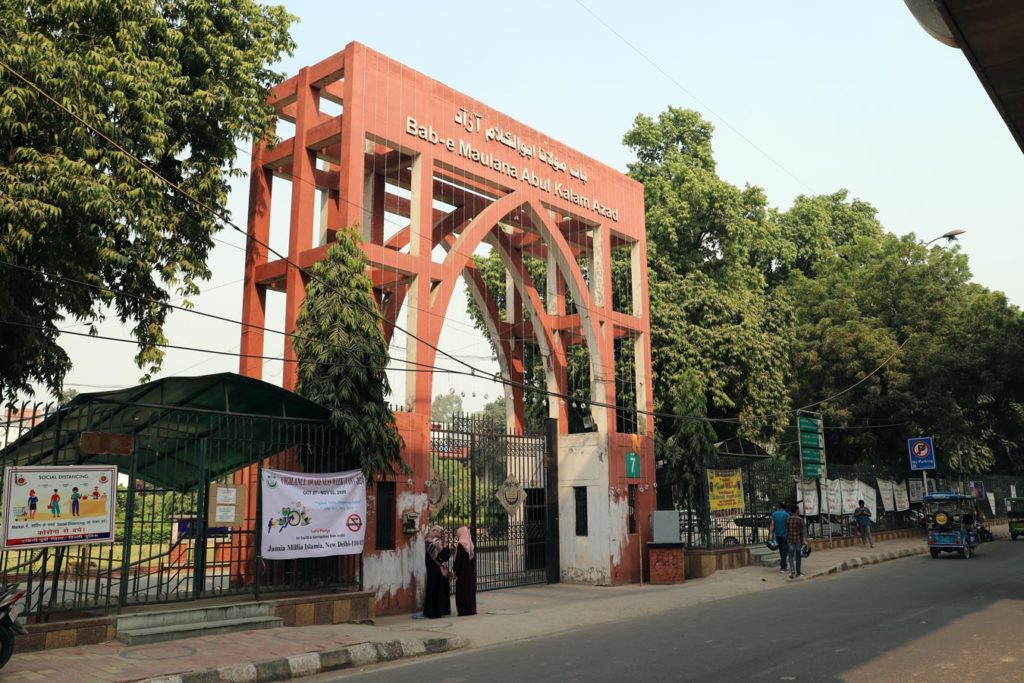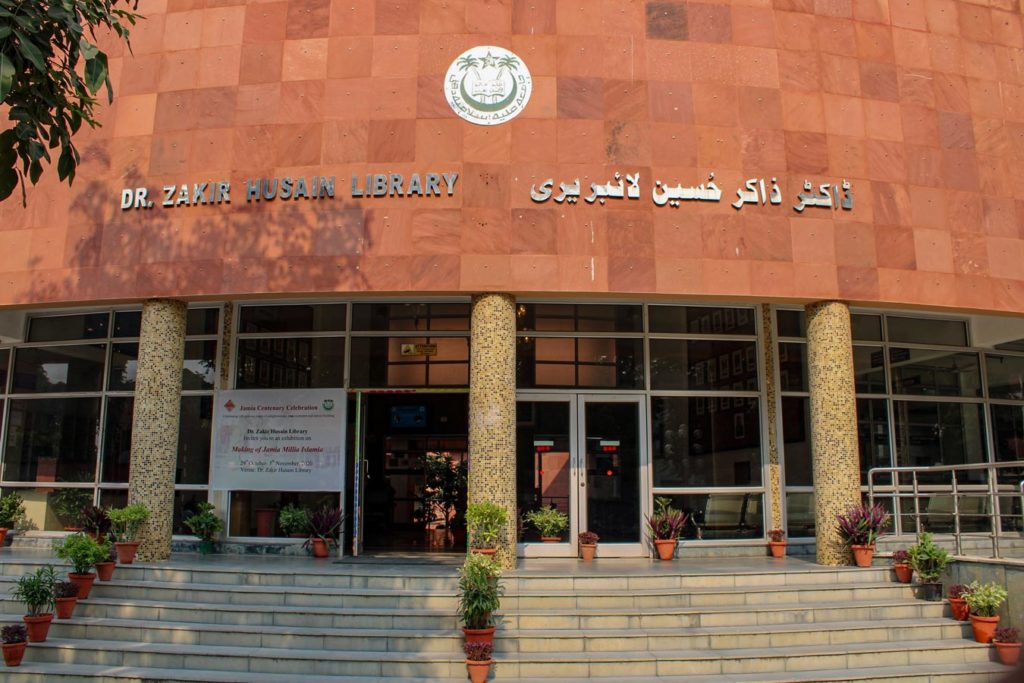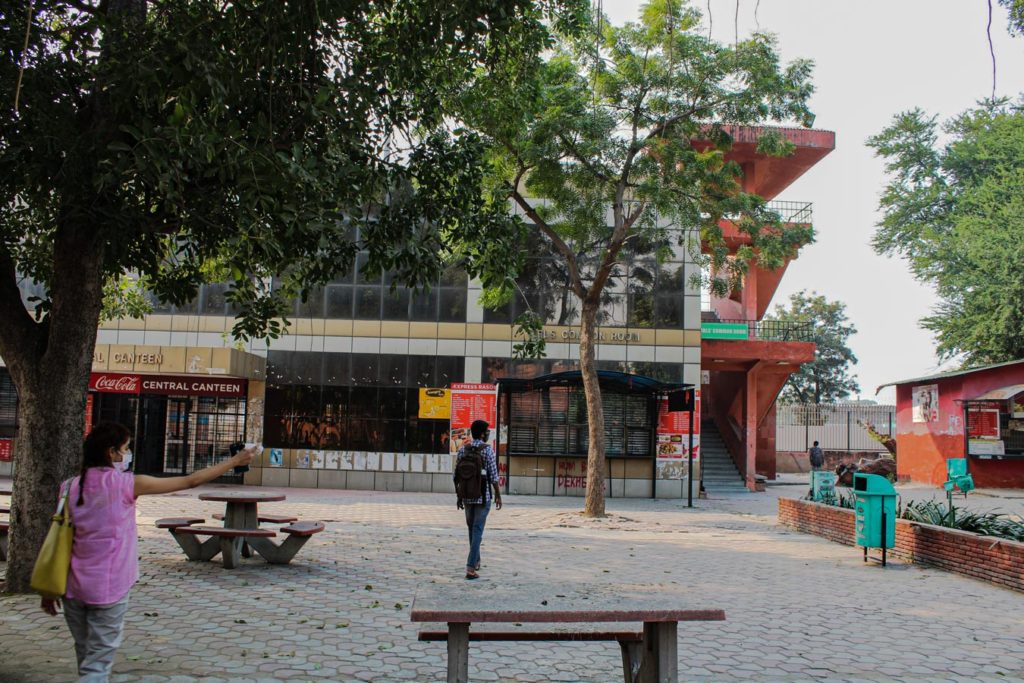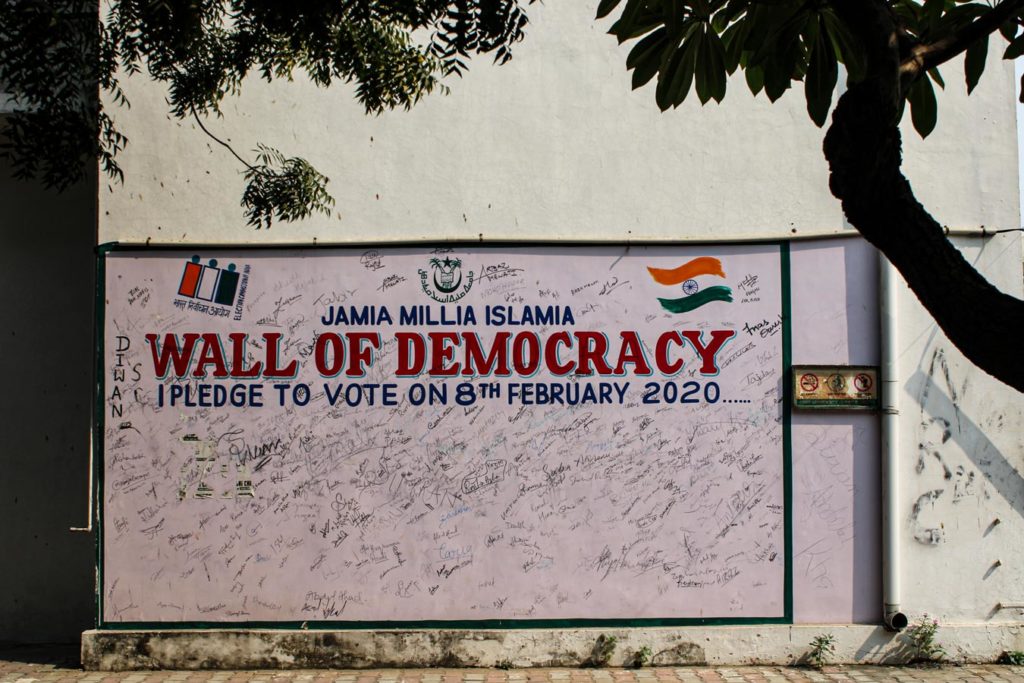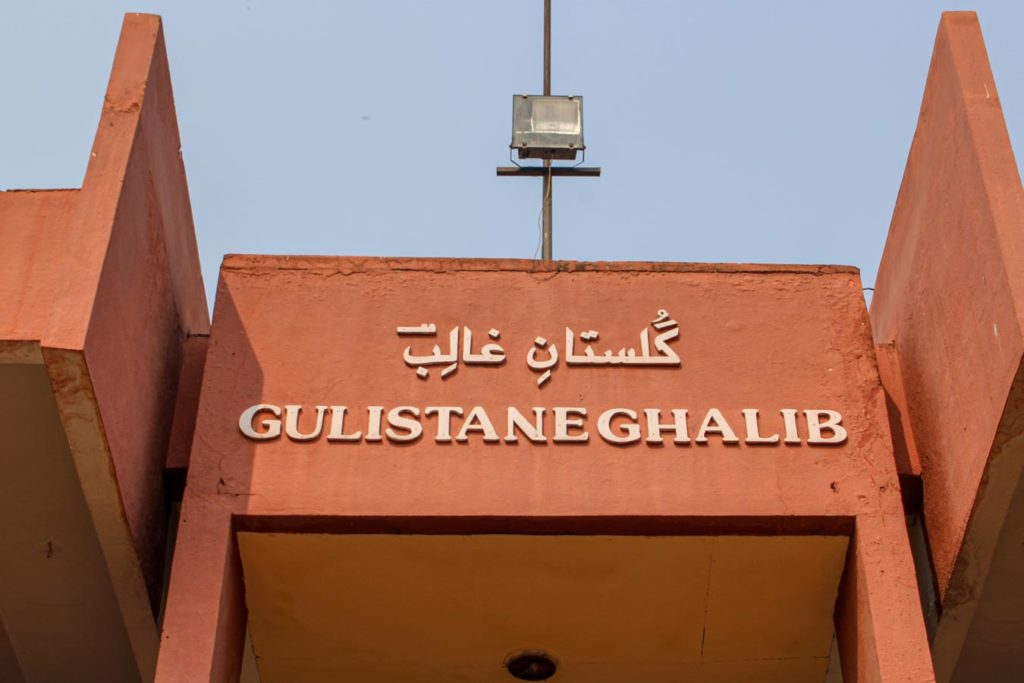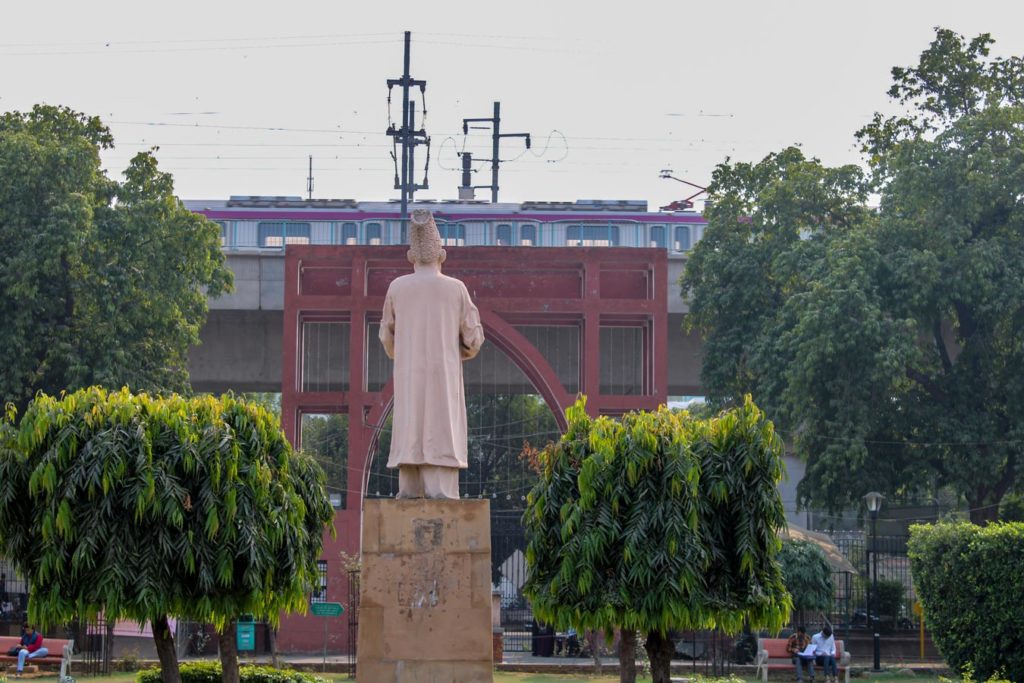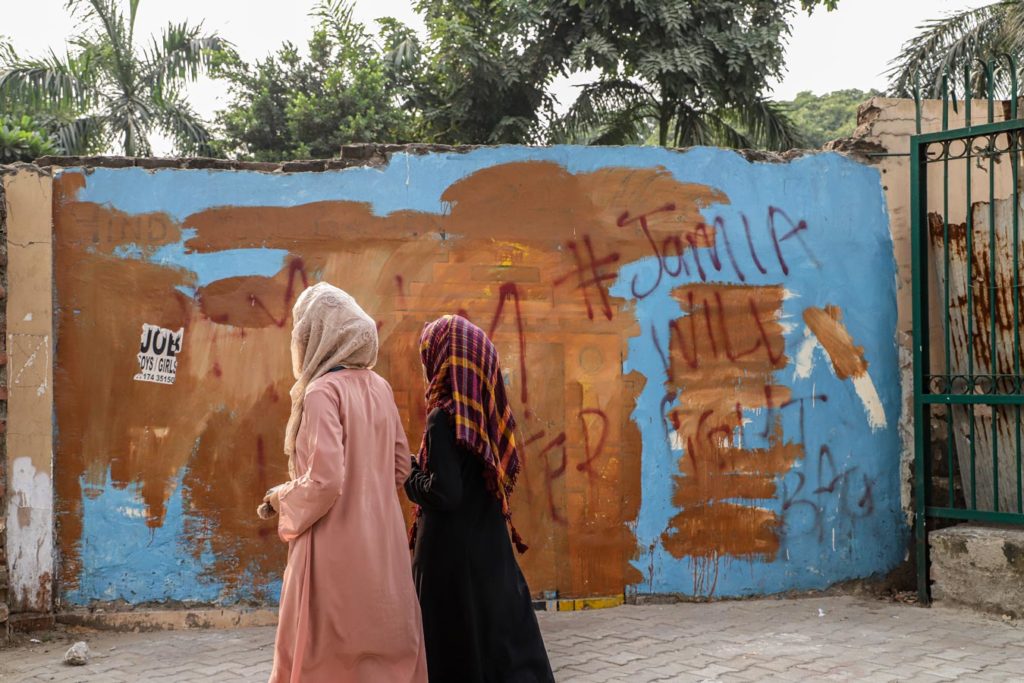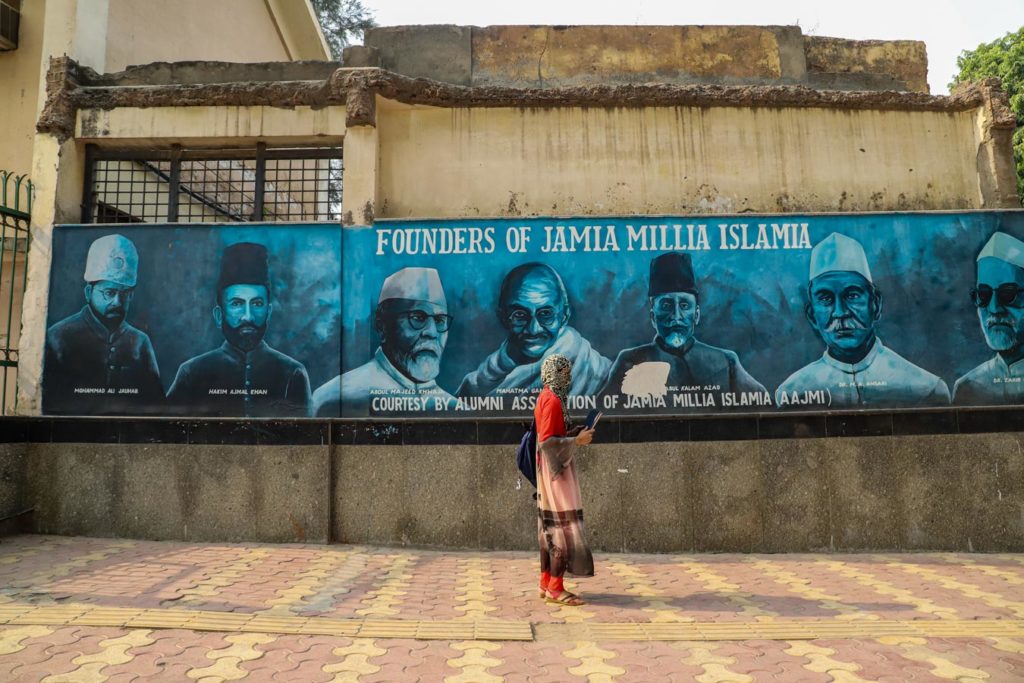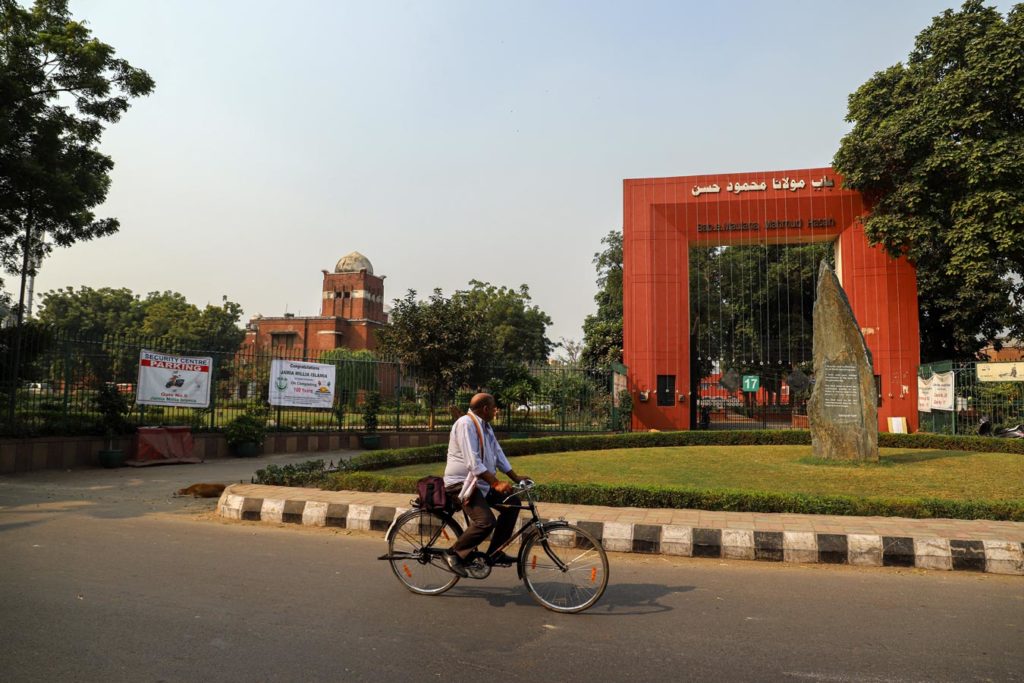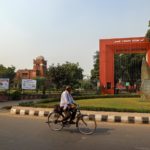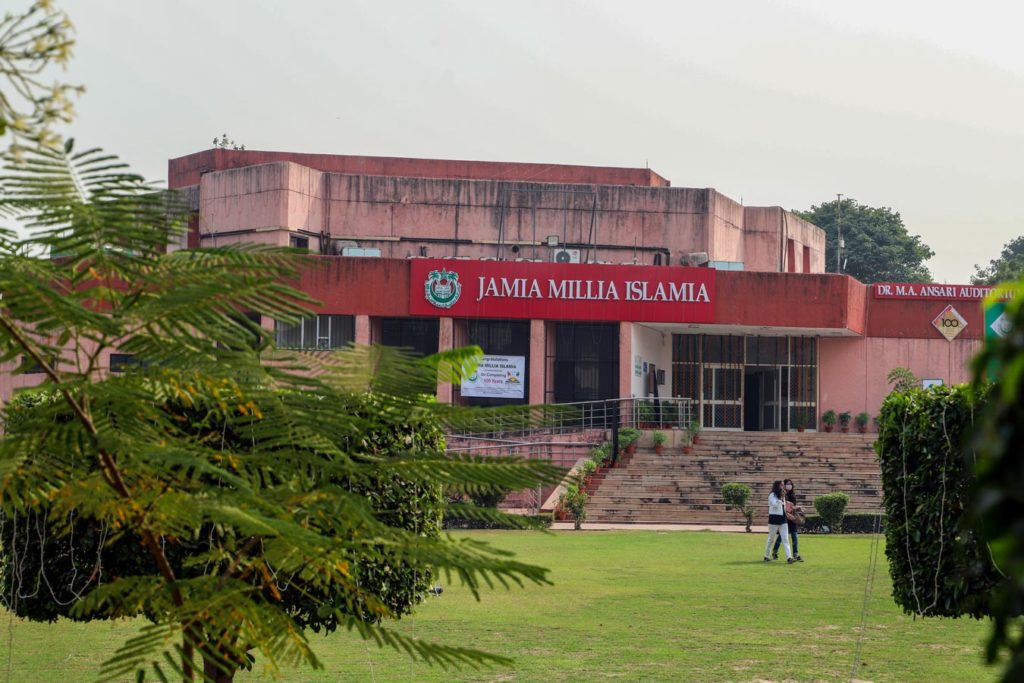100 years of Jamia Millia Islamia University
A centenary is a momentous occasion for any institution. Most mark it with a big celebration. More so, when it is an educational institution that is admired and respected not just by its students and the faculty, but also the peers and the people at large.
Unfortunately for Jamia Millia Islamia University, New Delhi, thanks to the coronavirus pandemic, its centenary celebrations on October 29 were reduced to a virtual event, organised behind closed doors and with only a handful of people present.
Decorated with marigold flowers and colourful lights, the university’s auditorium held a small but notable celebration that opened with President Ram Nath Kovind’s message to the students and faculties. After a short cultural programme that included a short film, the university’s chancellor, Najma Heptulla and vice chancellor Najma Akhtar addressed the gathering. Chief guest on the occasion was Hamid Ahmad, chancellor of Jamia Hamdard, another university in New Delhi.
“Jamia is a place that celebrates diversity. Like many other people, I came here with a lot of doubts and apprehensions, about three years ago. It did not even take me a month to become confident in a foreign city and become a part of the diverse culture that Jamia represents. If it weren’t for a multi-cultured campus, I would not be the person I am today,” says Chandan Kumar, a final year student of mass media in the university.
Students of the university also take pride in the fact that Jamia has been known to be vocal about issues related to human rights violations and against oppressive and unjust moves of the government.
“Not only does this institute teach us what is written in book but goes beyond that. Our teachers ask us to question everything and we are also taught about the great legacy that former students of Jamia have left behind. It inspires us to raise our voice and take the legacy ahead,” says Nishad Alam, a 25-year-old student of sociology.
“Jamia’s origins lie in the non-cooperation movement that Mahatma Gandhi started against the oppressive British regime. Fighting for what is right and standing up against any injustice to fellow humans is what Jamia’s values adhere to,” he adds.
October 29, 2020 marks the centennial of Jamia Millia. From its origins in temporary quarters in an ashram, the educational institution today boasts of five schools with nine distinct faculties, 39 departments and 30 centres (spread across Nanoscience, Dalit and Minorities Studies, Peace and Conflict Resolution, and Information Technology) that educate over 20,000 students annually. The first batch that graduated in 1921 comprised of just 21 students, all males. Now women make 35 pc of the 20,000 students here.
Jamia’s alumni span diverse fields from film, politics and science, to journalism and civil services and include former Chief Election Commissioner SY Qureshi, filmmaker Kiran Rao and cricketer Virendra Sehwag, among others. Even actor Shah Rukh Khan was enrolled at the university’s well-known AJK Mass Communication Research Centre (AJK-MCRC).
“Though the media has tried to malign the university and many politicians have even spoken of closing down the university all together, we, the students of Jamia, stand with our university and its legacy. Today, it’s not Jamia’s walls or garden that have completed 100 years; it is the university’s values, voices and struggle against odds that have become a century old today,” says Alam.

